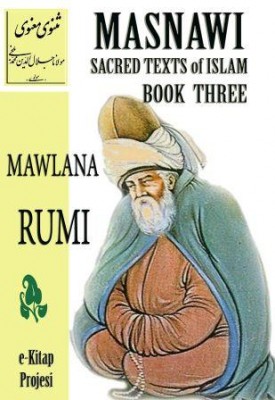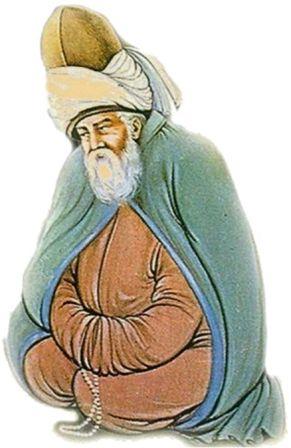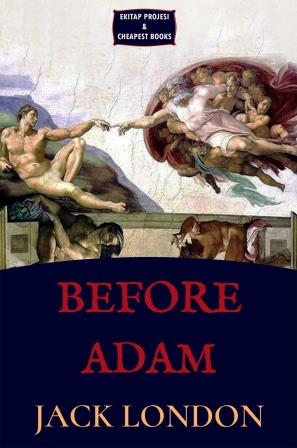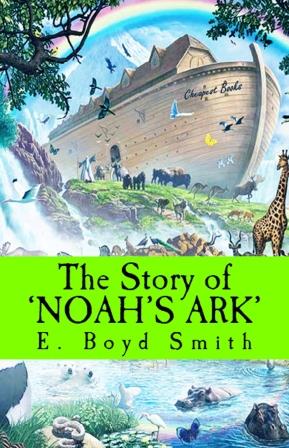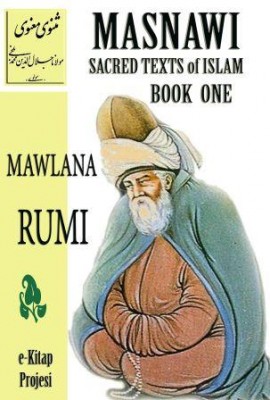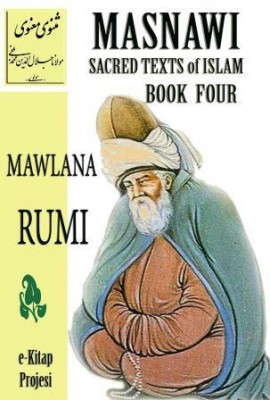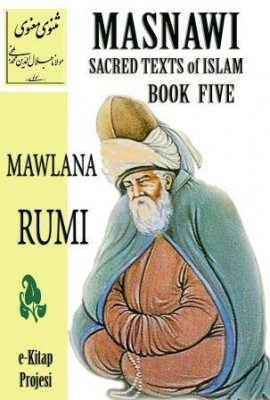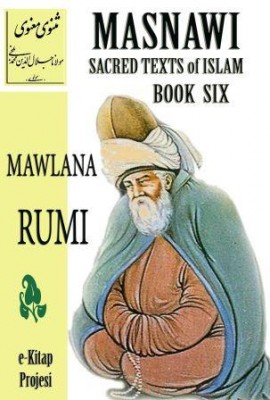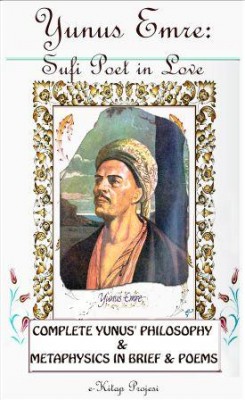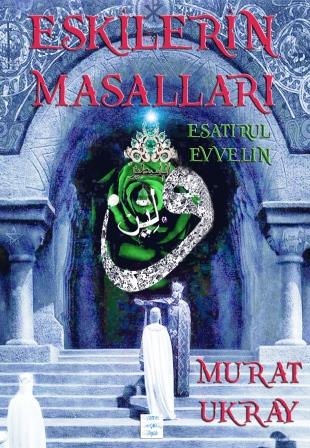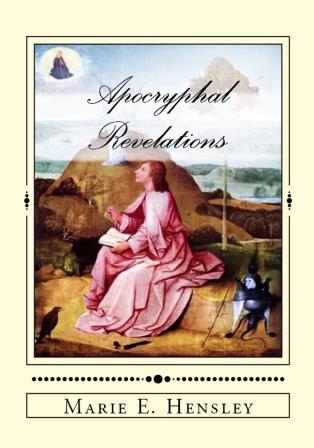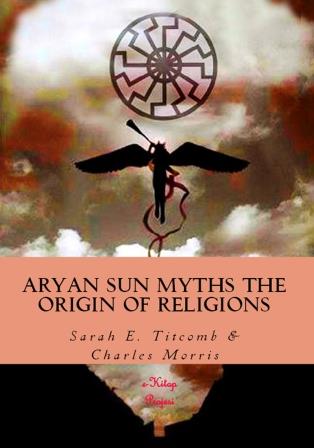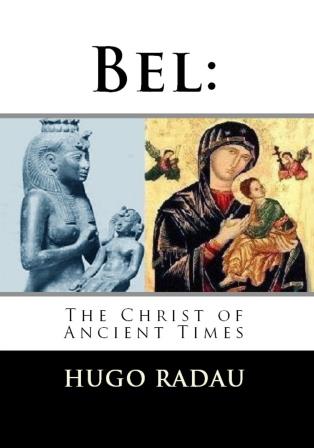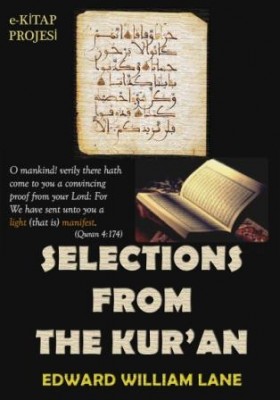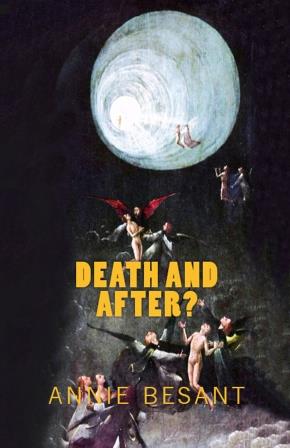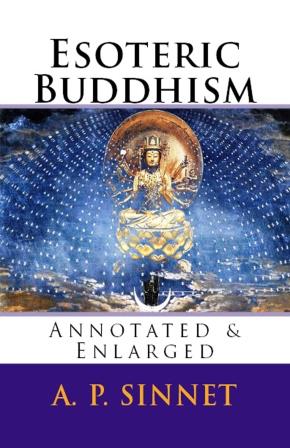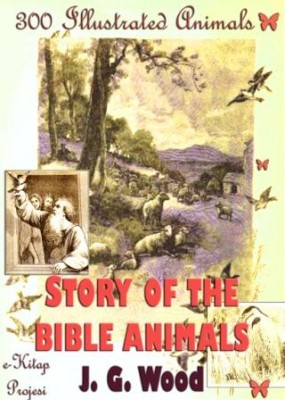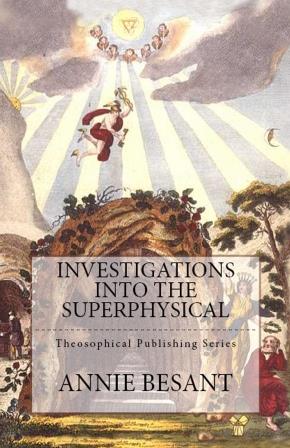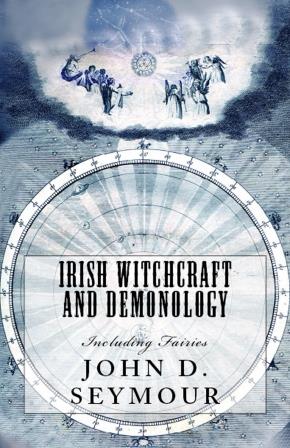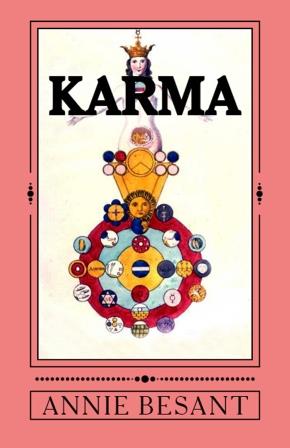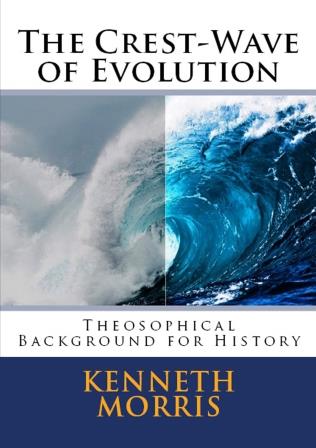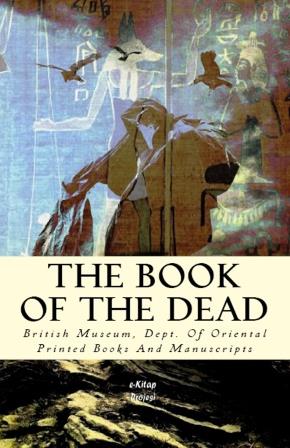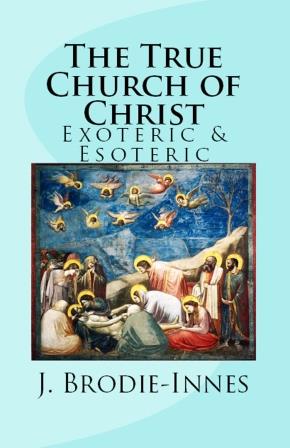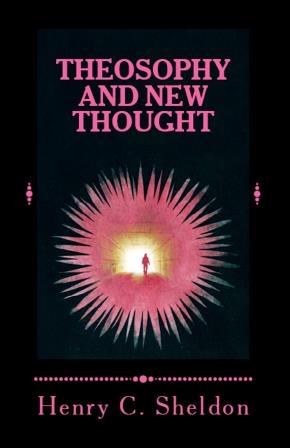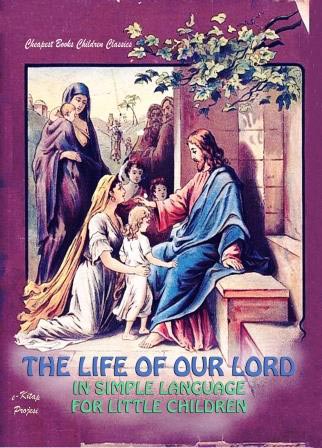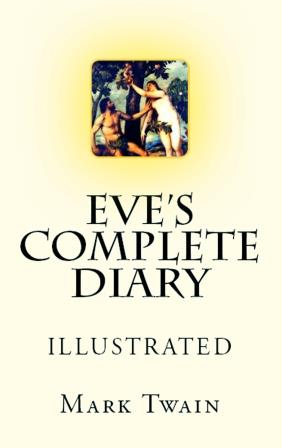Table of Contents
Story I: The Travelers who ate the Young Elephant.
Story II: The Villager who invited the Townsman to visit him
Story III: The Jackal who pretended to be a Peacock
Story IV: Moses and Pharaoh
Story V: The Elephant in a Dark Room
Story VI: The Lover who read Sonnets to his Mistress
Story VII: The Man who prayed earnestly to be fed without work
Story VIII: The Boys and their Teacher
Story IX: The Darvesh who Broke his Vow
Story X: The Old Man who made no Lamentation at the Death of his Sons
Story XI: Bahlol and the Darvesh
Story XII: The Visions seen by the Saint Daquqi
Story XIII: The People of Saba
Story XIV: Miracles performed by the Prophet Muhammad
Story XV: The Man who asked Moses to teach him the language of animals
Story XVI: The Woman who lost all her infants
Story XVII: The Vakil of the Prince of Bokhara
Story XVIII: Deadly Mosque
Story I
Travelers Who Ate the Young Elephant
A PARTY of travelers lost their way in a wilderness, and were well nigh famished with hunger. While they were considering what to do, a sage came up and condoled with them on their unfortunate plight. He told them that there were many young elephants in the adjacent woods, one of which would furnish them an ample meal, but at the same time he warned them that if they killed one, its parents would in all probability track them out and be revenged on them for killing their offspring. Shortly after the travelers saw a plump young elephant, and could not resist killing and eating it. One alone refrained. Then they lay down to rest; but no sooner were they fast asleep than a huge elephant made his appearance and proceeded to smell the breath of each one of the sleepers in turn. Those whom he perceived to have eaten of the young elephant's flesh he slew without mercy, sparing only the one who had been prudent enough to abstain.
